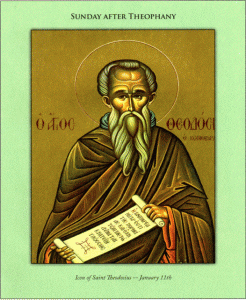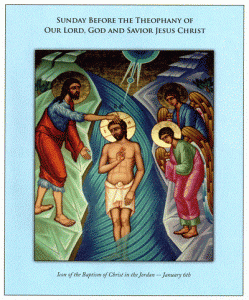Salvation is not arithmetic. It is worked out in the secret chamber of the heart, in silent tears, in invisible changes which no metric system can measure. It is really not something that we can achieve by our various acts of penance or works of mercy. Salvation is not achieved by doing a sufficient amount of fasting, praying or works of mercy. This truth often throws modern people for a loop since we have come to believe that what we do should merit or not merit salvation. The things we do can only dispose us to open our hearts and minds to be more like Jesus, thus allowing us to truly accept the gift of salvation from our Heavenly Father. Salvation is a gift from God that is given when we open ourselves to the movement of the Holy Spirit within us.
Like life itself, salvation is God’s gift to those who dispose themselves to receive His gift. What is needed is humility and poverty of spirit which can compel us to seek, to ask and to pray. These are signs of trust and dependence upon God and not on our own merits.
One who is on the path to renewal is not irritated by the severity of the divine commandments. They are guides to help us govern our behaviors. Keeping them does not automatically merit salvation.
The Christian differs from others in several ways: his understanding of God to whom he is responsible, his participation in the mystical Body of Christ, his reckoning with human sin, and his vision of human perfection in Christ. He sees in Jesus a model for how to live this earthly life and how to bring about spiritual growth. Christians live in this world with hope in Christ’s final victory over the powers of this age. Christians live in this world with the belief that in the fullness of time all life will be transformed beyond imagining. This is expressed in the Bible as “a new heaven and a new earth.” This transformation is not, however, a completion of our human plans and goals, but of God’s plan for humanity and all creation. As one author said: God’s plan is for all creation to gradually evolve into complete unity with Him.
Salvation is intimately bound up with our ability to hope and trust in God. Prayer, fasting and works of




